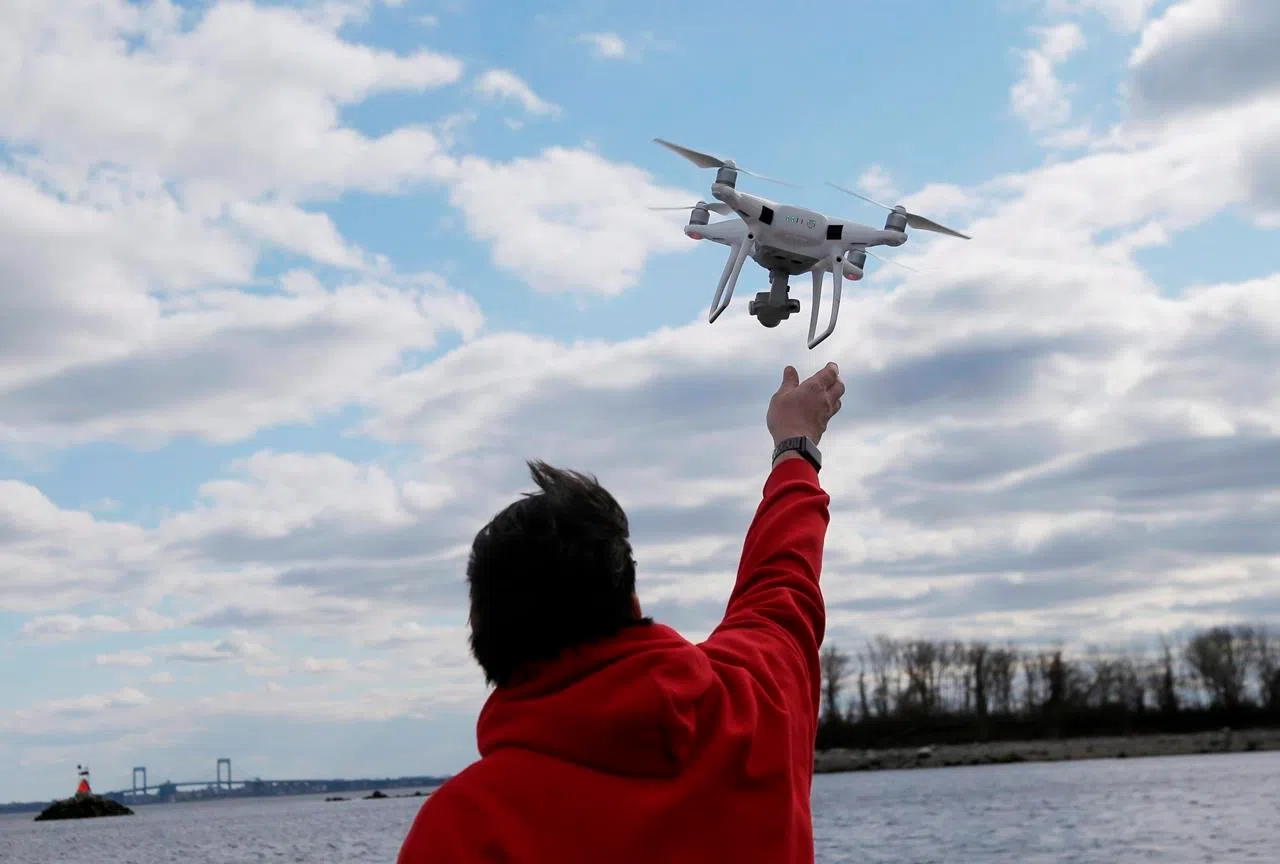
Two men arrested after drone spotted flying near east-end Montreal jail
MONTREAL — Two men were arrested on suspicion of flying a drone near an east-end Montreal jail early Monday, highlighting a problem of growing concern to Canadian correctional authorities as they work to prevent drugs, phones and other contraband from being dropped into inmates’ hands.
Prison guards saw the drone flying near the Riviere-des-Prairies detention centre at around 1 a.m. and called Montreal police, who arrested the suspects in a nearby wooded area.
The men, aged 38 and 42, were found carrying a drone and a package containing at least one cell phone and a charger.
Provincial police, who have taken over the investigation, say the prison was searched to see if any drugs or other contraband items were successfully dropped before the arrest, but nothing was found.


